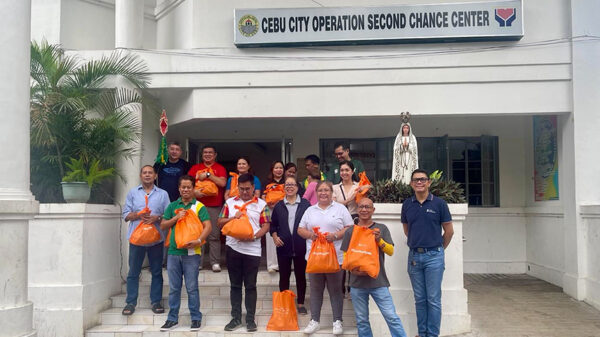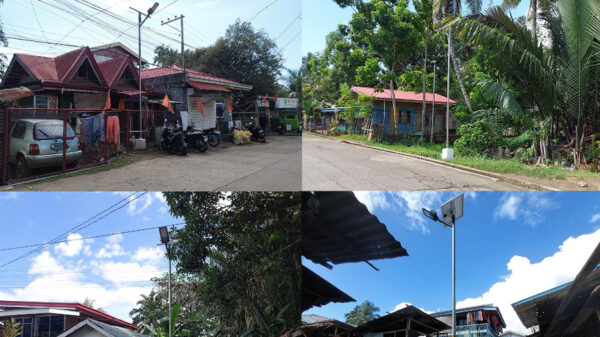IDC believes that the recent passing of the Alternative Work Arrangement bill through the Senate of the Philippines is an important incremental step for the welfare of Filipino workers and for the development of the country’s digital economy.
The adoption of new technologies such as 5G, Artificial Intelligence (AI), Augmented Reality/Virtual Reality (AR/VR) and Cloud will have a direct impact on how and where people work as well as the digital culture created within an enterprise. Once ratified into law, the new bill will institutionalize a policy framework for companies to develop new, non-traditional work scheduling practices such as flexitime and compressed work week to address the impact of these new technologies and prepare for the future of work.
IDC predicts that by 2022, 65% of Asia/Pacific’s GDP will be digitalized, with growth in every industry driven by digitally enhanced offerings, operations, and relationships. This means for Philippine enterprises, it is now imperative to adopt more digital-focused capabilities, otherwise they risk getting a smaller and smaller share of the global economy.
The policy environment of the Philippines around work has been progressing quickly over the past 6 months. Earlier this year, the Telecommuting Act, which recognizes telecommuting as a legitimate work arrangement and safeguards the rights of employees engaged in it, was signed into law. This recent wave of forward-looking policy changes is crucial for the country to prepare for the inevitable changes around the new workforce, workspace, and work culture, ultimately leading to a more competitive digital economy.
“IDC believes that the success of digital transformation goals within the organization is directly related to the creation of the right working environment and the empowerment of employees. Some of the key barriers slowing digital transformation in the Philippines is not about technology but rather the ability of enterprises to address the new required digital skillsets and working preferences of the millennial workers,” says Randy Roberts, Head of Operations, IDC Philippines.
Millennials will be the backbone of the digital economy, and the Philippines has them in abundance. Around 60% of the country’s population is under the age of 30, and this age group is set to be the largest group of workers in the Philippines by 2025.
“Aside from the direct cost benefits to workers and businesses, the utilization of alternative work arrangements can potentially improve commuter flows and ease traffic congestion – which cost the Philippines billions daily in additional operating costs and productivity losses – once it reaches enough scale,” said Sean Agapito, Market Analyst and Future of Work Practice Country Lead, IDC Philippines.
“Adopting non-traditional work arrangements also aligns quite well with the government’s inclusive national growth agenda as it allows people from the countryside to gain access to career opportunities previously not feasible to them and enables organizations to tap into a vastly wider talent pool,” Agapito added.
“We’ve seen good momentum on the policy and regulatory side through the Telecommuting Act and Alternative Working Arrangement bill but it is imperative that the private and public sectors work together to ensure that the new digital workforce is prepared for this future of work with the right skills and workplace flexibility,” Roberts concluded.







































































































